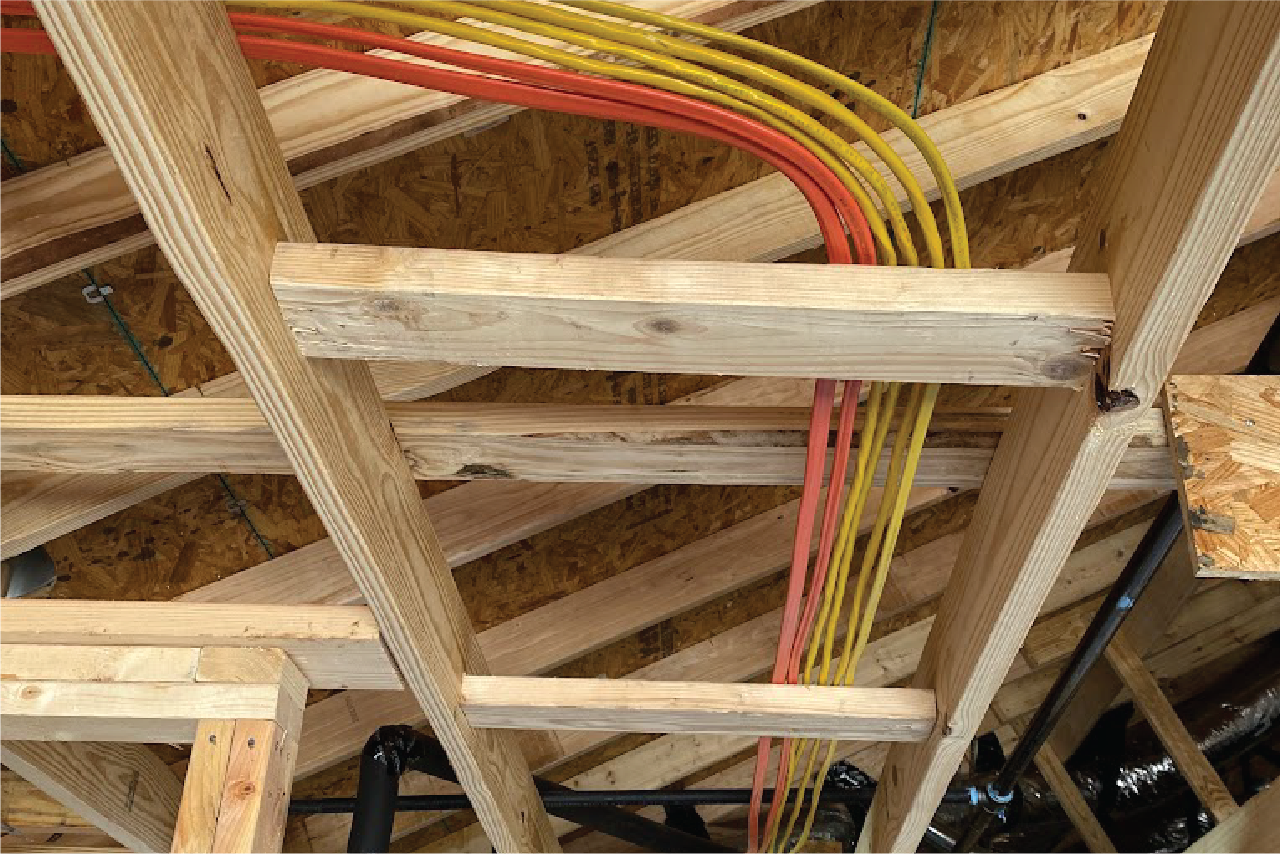Three Essential Electrical Safety Tips for Every Homeowner
Electrical safety is a critical aspect of maintaining a safe and secure home. Electrical hazards can lead to serious injuries, fires, and even fatalities. By following some fundamental safety practices, homeowners can significantly reduce the risk of electrical accidents. Here are three essential electrical safety tips that every homeowner should know.
- Regularly Inspect and Maintain Electrical Cords and Outlets
Over time, electrical cords and outlets can become damaged or worn, posing a serious fire hazard. Regularly inspecting and maintaining these components can help prevent accidents. Here’s what you should do:
- Check Cords for Damage: Inspect all electrical cords for fraying, cracks, or other signs of wear. If you find any damage, replace the cord immediately. Never attempt to repair a damaged cord with tape or other makeshift solutions.
- Avoid Overloading Outlets: Plugging too many devices into a single outlet can cause overheating and increase the risk of fire. Use power strips with built-in circuit breakers and ensure that the total wattage of all devices plugged into an outlet does not exceed its capacity.
- Secure Cords Properly: Ensure cords are not pinched under furniture or carpets, as this can cause them to overheat. Keep cords organized and out of high-traffic areas to prevent tripping hazards.
- Install and Test Ground Fault Circuit Interrupters (GFCIs)
GFCIs are essential for preventing electrical shock, particularly in areas where water and electricity are likely to come into contact, such as kitchens, bathrooms, and outdoor spaces. These devices automatically shut off the electrical circuit when they detect a ground fault or leakage current.
- Install GFCIs in Key Areas: Ensure that GFCIs are installed in all wet or damp areas, including bathrooms, kitchens, garages, basements, and outdoor outlets.
- Test GFCIs Regularly: GFCIs should be tested monthly to ensure they are functioning correctly. To test a GFCI, press the “test” button on the outlet. The “reset” button should pop out, indicating that the GFCI has tripped. Press the “reset” button to restore power. If the GFCI does not trip or reset, it may need to be replaced.



- Be Cautious with DIY Electrical Work
While it may be tempting to tackle electrical projects yourself, improper handling of electrical systems can lead to severe accidents. When it comes to electrical work, it’s often best to hire a professional. However, if you do decide to undertake minor electrical tasks, keep the following precautions in mind:
- Turn Off Power: Always turn off the power at the circuit breaker before starting any electrical work. Use a voltage tester to confirm that the power is off before touching any wires or outlets.
- Use Proper Tools and Equipment: Ensure you have the right tools for the job and that they are in good condition. Use insulated tools to protect against electrical shock.
- Follow Codes and Regulations: Familiarize yourself with local electrical codes and regulations. Following these guidelines ensures that your work is safe and up to standard.
Conclusion
Electrical safety is paramount for every homeowner. By regularly inspecting and maintaining cords and outlets, installing and testing GFCIs, and exercising caution with DIY electrical work, you can significantly reduce the risk of electrical accidents in your home. These simple yet effective tips can help ensure a safer living environment for you and your family.


0 Comments